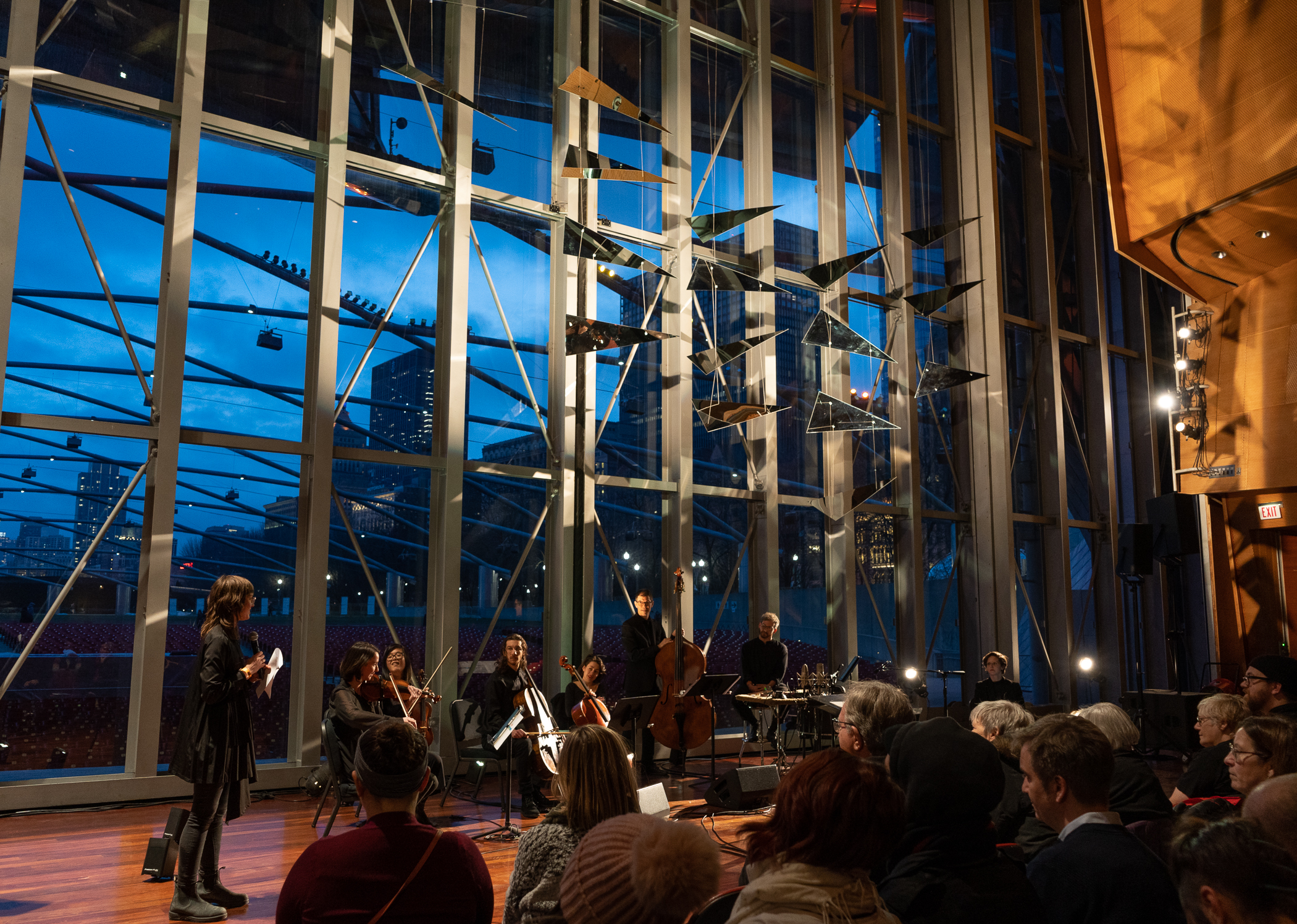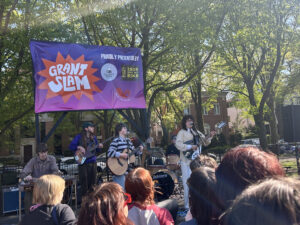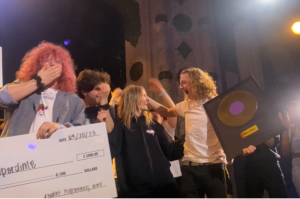Experimental Sound Studio, located in the Edgewater neighborhood, is a nonprofit organization dedicated to artistic evolution and the creative exploration of sound. As an international hub for sonic experimentation, ESS nurtures artists, heralds new works and builds a broad, supportive community of makers, enthusiasts and creative partners through production, presentation, education and preservation.
This studio, like many other nonprofits, receives major support from the National Endowment for the Arts and is facing an uncertain time due to the global coronavirus pandemic. Instead of opening their doors for local artists to use their resources, they are having to shift to a safer option, such as hosting live digital concerts where artists can still share their work and continue to earn a living through donations.
“We are in a moment right now with the COVID-19 crisis where we’re realizing what the arts do for us, that we have maybe taken for granted at other points,” said Katherine Young, an electroacoustics musician who was a part of the 2019 Outer Ear Residency program, in which all of the studio’s resources and platforms were made available to her. “The luxury to be able to go to a concert and not think about that, and what attending live music does for our spirits and our intellectual development individually and as a culture. It’s hard to put a price tag on that value. If we are to be a society as compassionate, thoughtful, creative, innovative and that takes care of each other, then we need the arts to help us explore ways to do that. We also need it to help us feel okay and to not feel isolated.”
She said she has lost count of the number of times she has gone into the live recording studio to make a complete album, samples or project materials throughout her residency and time at ESS. Throughout the residency, Young, Petra Bachmaier and Sean Gallero were able to work with an outside composer as well as experts in glaciology and climate change to create a composition based on the seismic data from melting icebergs, which was all made possible by NEA funding.
In the annual 2021 budget proposal, released on Feb. 10, the Trump Administration threatened to eliminate the National Endowment for the Arts for the fourth year in a row. This action would negatively affect nonprofits all over the country, including organizations in the Chicago area such as Experimental Sound Studio who receives major support from the NEA.
“The budget proposals are the first step in a lengthy process and ultimately Congress sets the appropriations for the agency,” Allison Hill, an NEA public affairs specialist said in an email. “Congress’s confidence in the value of the Arts Endowment’s work and trust in its capacities to fulfill its mission on behalf of the American people is reflected by the agency’s inclusion in the recently passed CARES Act legislation.”
There are 60,277 nonprofit organizations in Illinois alone, which employ 577,876 people, or over 11% of the state’s workforce. Although nonprofits benefit financially from other sources such as corporate donations, memberships, merchandise and in-kind contributions, major support often comes from what the NEA is able to offer year after year.
The NEA annually awards an average of 2,300 grants and cooperative agreements exceeding $117 million, funding the arts in all 50 states and six U.S. jurisdictions, including rural and urban areas, and reaching civilian and military populations.
The Arts Endowment values the growth of arts activity in areas of the nation that were previously underserved or not served at all, especially in rural and inner-city communities. Because of this, 65% of Arts Endowment grants go to small and medium-sized organizations, which tend to support projects that benefit audiences that otherwise might not have access to arts programming. In addition, 42% of Arts Endowment grants take place in high-poverty neighborhoods and 35% of Arts Endowment grants reach low-income audiences or underserved populations such as people with disabilities, people in institutions and veterans.
Trump’s $4.8 trillion “Budget for America’s Future” proposes to increase defense spending in 2021, while slashing funding to culture and the arts, social welfare and student aid.
The budget defines core federal government functions as investments in national security, cybersecurity, violent crime and targeted violence reduction, immigration, drug enforcement and the opioid epidemic. On the other hand, the budget proposal labels the NEA under the category of wasteful and unnecessary funding.
“I think that the loss of the NEA is much more dire than just the loss of funding,” Olivia Junell, development and outreach director of ESS said in an email. “At a fundamental level, the idea that our national government would pull funding from arts and culture speaks volumes about the values of our leadership and our nation. The NEA is not just a source of funding, it is a symbol of what our country deems worthwhile and valuable.”



















Be First to Comment